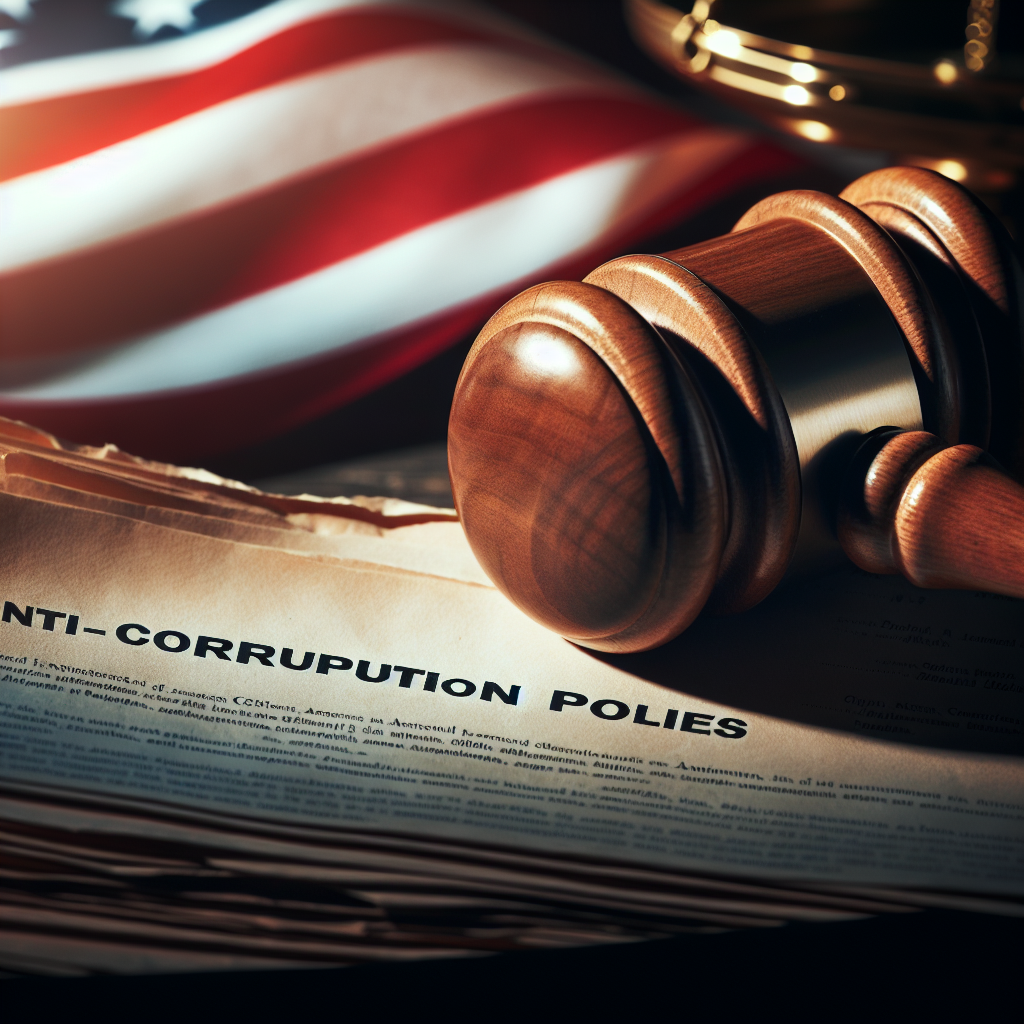
The Eric Adams Corruption Case and Its Wider Implications
The recent developments surrounding the Eric Adams corruption case have sparked intense debate and scrutiny over the Trump administration’s approach to handling corruption cases. The mayor of New York, Eric Adams, found himself at the center of a political storm when the Department of Justice ordered the discontinuation of bribery charges against him. This move has raised eyebrows across the nation, prompting discussions about the intersection of politics and justice.
The Charges Against Eric Adams
Eric Adams, a prominent political figure and the mayor of New York City, was facing significant allegations. The Southern District of New York accused him of corrupt actions in connection with representatives of the Turkish government. The detailed charges painted a picture of abuse of power and unethical behavior.
- Manipulating city contracts to benefit Turkish business interests.
- Receiving payments or gifts in exchange for political favors.
- Allegedly conspiring with foreign entities to undermine federal policies.
Trump Administration’s Decision
The controversy escalated when a top Justice Department official, acting under the Trump administration, instructed the federal prosecutors to drop the bribery charges against Mayor Adams. The justification provided for this decision deviated noticeably from legal norms, leaning heavily on political rationale rather than evidence-based reasoning.
Executive Order to Halt Corruption Investigations
In a parallel move, President Trump signed an executive order ceasing investigations and prosecutions of corporate corruption in foreign lands. The president defended this decision by claiming it would bolster America’s global business competitiveness. He stated, “It’s going to mean a lot more business for America.”
Reactions from Legal Experts and Officials
The administration’s actions were met with an outcry from both current and former prosecutors and legal experts. Many saw this as a shift from the Justice Department’s longstanding mission to combat corruption and uphold ethical governance.
- Concerns about prioritizing economic gains over justice and accountability.
- Potential precedent for politicizing legal decisions.
- The risk of eroding public trust in the judicial system.
A high-profile pardon granted by President Trump to Rod R. Blagojevich, the former Democratic governor of Illinois who was convicted on corruption charges, further added fuel to the fire. Critics argued that these actions symbolized a disconcerting trend of disregard for judicial integrity in favor of political and economic expediency.
Implications for Future Anti-Corruption Efforts
The Trump administration’s directive also included the dismantling of initiatives targeting foreign kleptocrats and reducing scrutiny of foreign influence on America. Critics argue that these decisions could have long-lasting implications:
- Weakening America’s stance against corruption globally
- The potential rise of unchecked foreign influence within the United States
- A departure from ethical governance principles
What Does This Mean for Political Accountability?
These developments raise significant questions about the future landscape of political accountability in the United States. While efforts to bolster economic growth are understandable, balancing them with the need to maintain integrity and justice within political realms is crucial.
For policymakers and public officials, this situation demands a reevaluation of where they stand in the balance between political pragmatism and ethical governance. As these discussions unfold, it’s necessary to reflect on how such decisions will shape the nation’s future approach to corruption and public trust.
Conclusion
The case surrounding Eric Adams and the subsequent actions of the Trump administration serve as a potent reminder of the delicate dance between power, justice, and political interests. As this story continues to develop, it will be critical for both American citizens and leaders to remain vigilant and informed about the impacts of such decisions on the fundamental tenets of democracy and justice.
In this ever-complex arena of politics and governance, the pursuit of transparency and accountability should remain at the forefront of national discourse.
Sources: https://www.nytimes.com/2025/02/11/us/politics/trump-orders-bribery-corruption.html


Thanks for sharing. I read many of your blog posts, cool, your blog is very good.
Can you be more specific about the content of your article? After reading it, I still have some doubts. Hope you can help me.
Your article helped me a lot, is there any more related content? Thanks!